Join our mission as a civil society organisation
Civil society is the bedrock on which human rights are founded. We are so much stronger when working together to secure the human rights of tea workers and farmers.
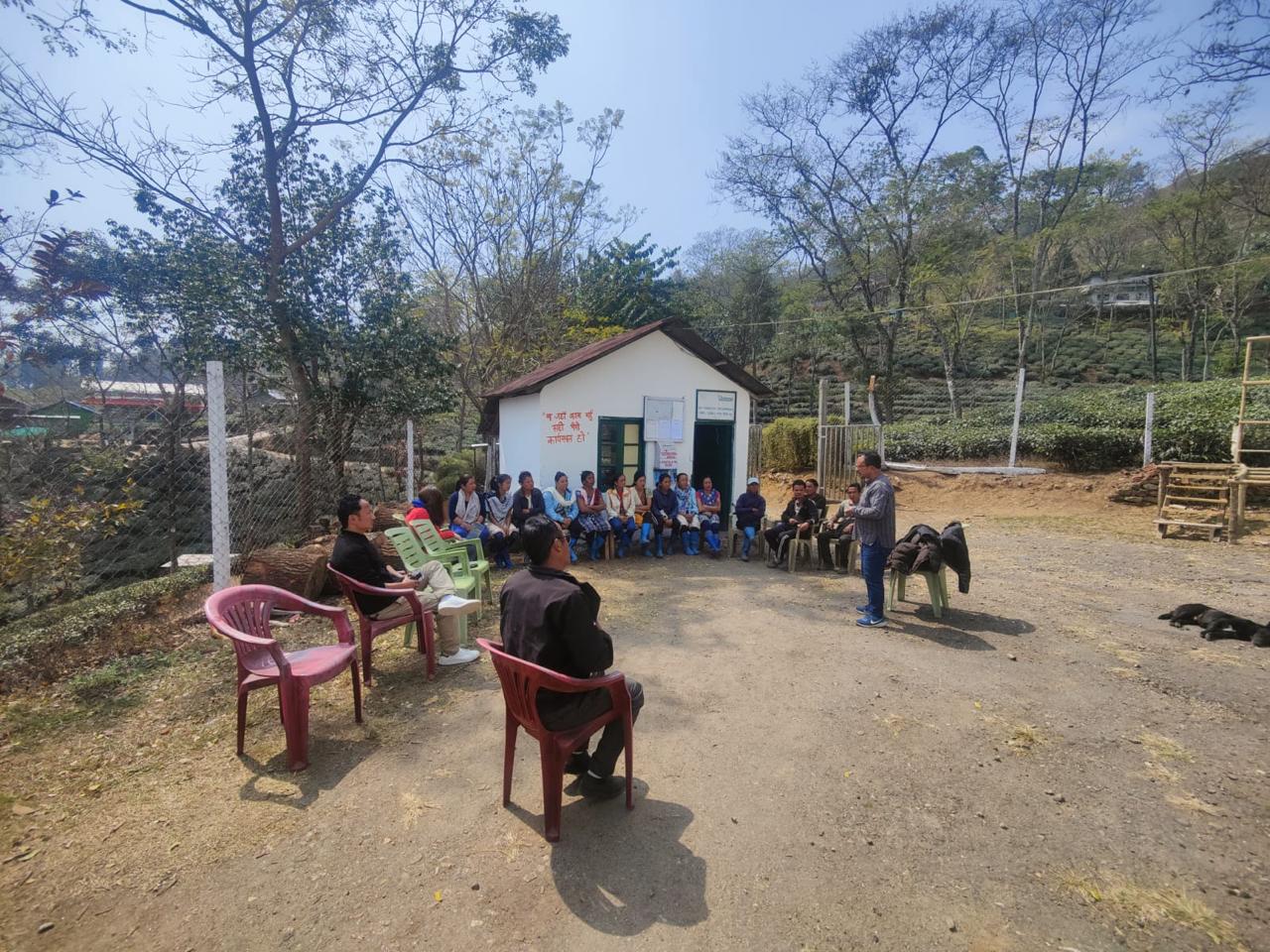
By working with THIRST you are joining a network of organisations who are all striving to ensure that the human rights of tea workers and farmers are respected and protected. Below are some of the ways that you can reinforce your own mission by joining THIRST’s mission, but we are always open to discussing other ideas and suggestions.

Campaign with THIRST
THIRST’s root cause analysis of human rights breaches in the tea sector identified lack of transparency as one of the key root causes. Information campaigns shining alight on the challenges faced by tea workers and their employers can help raise awareness among consumers and investors, who can call for change.
THIRST can enhance joint campaigns through its connections with stakeholders at every level of the tea value chain; ongoing research that keeps us in touch with their needs and ideas; understanding of the dynamics of the whole value chain. THIRST can also provide extensive information resources on human rights in the tea sector.
Research with THIRST
By pooling our knowledge and resources we create a deeper understanding of the issues and their potential solutions, resulting in powerful tools for change. A good example is ‘Consent….’ the 2024 briefing on the risk factors for gender-based violence in the tea sector produced by THIRST and Women Working Worldwide and consultant Michael Pennant-Jones. Each of us brought different strengths and perspectives to the table making for a really practical and well informed briefing. Following a BBC exposé on gender-based violence on Kenyan tea plantations. Typhoo’s groundbreaking Fear Free Tea campaign drew extensively from our briefing.
What could we research together with you? How could we complement each other’s knowledge to create something equally powerful?
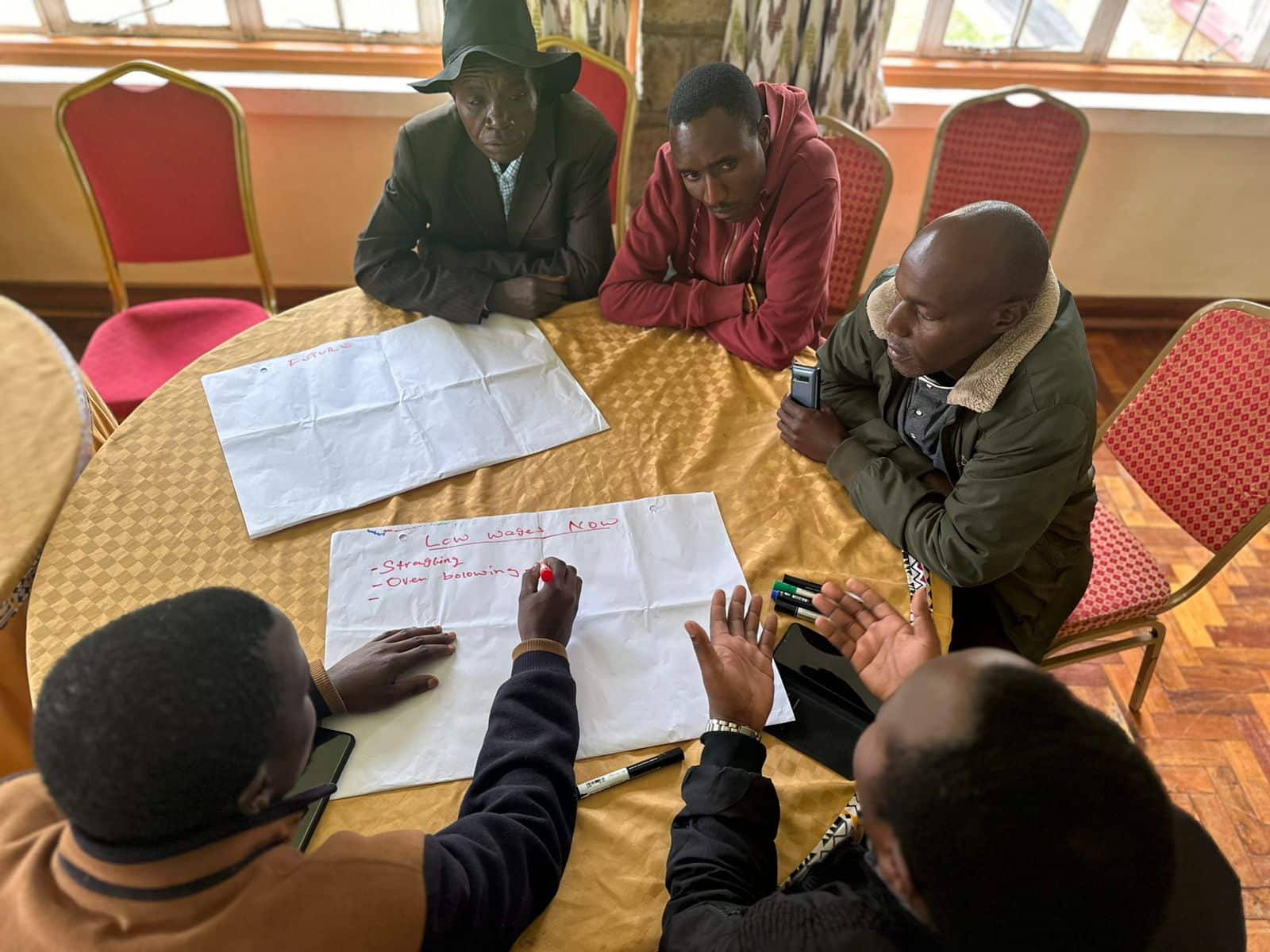

Advocate with THIRST
THIRST’s human rights impact assessment incorporates the perspectives of both industry and many civil society actors. This has enabled us to develop a strong framework for advocacy, with the root cause analysis as a starting point.
Having aligned messages and jointly calling on the industry and decision-makers to tackle these root causes is more likely to bring about systemic change than individual calls to action.
Programme with THIRST
Your programmes on the ground with the women, men and children at the source of the tea value chain can be strengthened and enhanced when it is informed by an understanding of the bigger picture. THIRST’s study on human rights in the tea sector provides this global perspective. For example, if you are trying to address the issue of poor quality healthcare on tea plantations – understanding the financial, political and social pressures under which plantations operate may help to identify challenges that originate further up the value chain and thus to find more sustainable solutions.
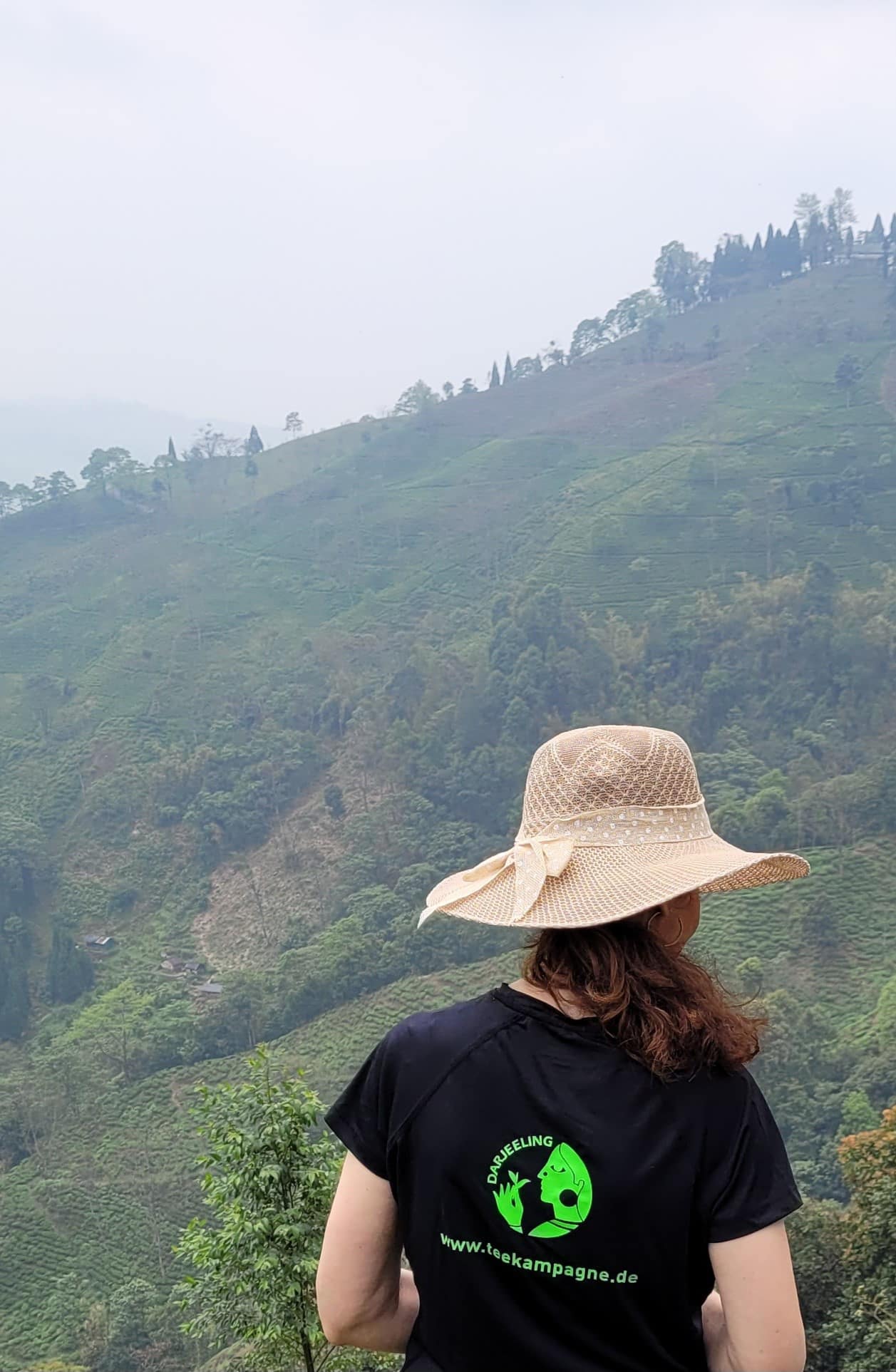
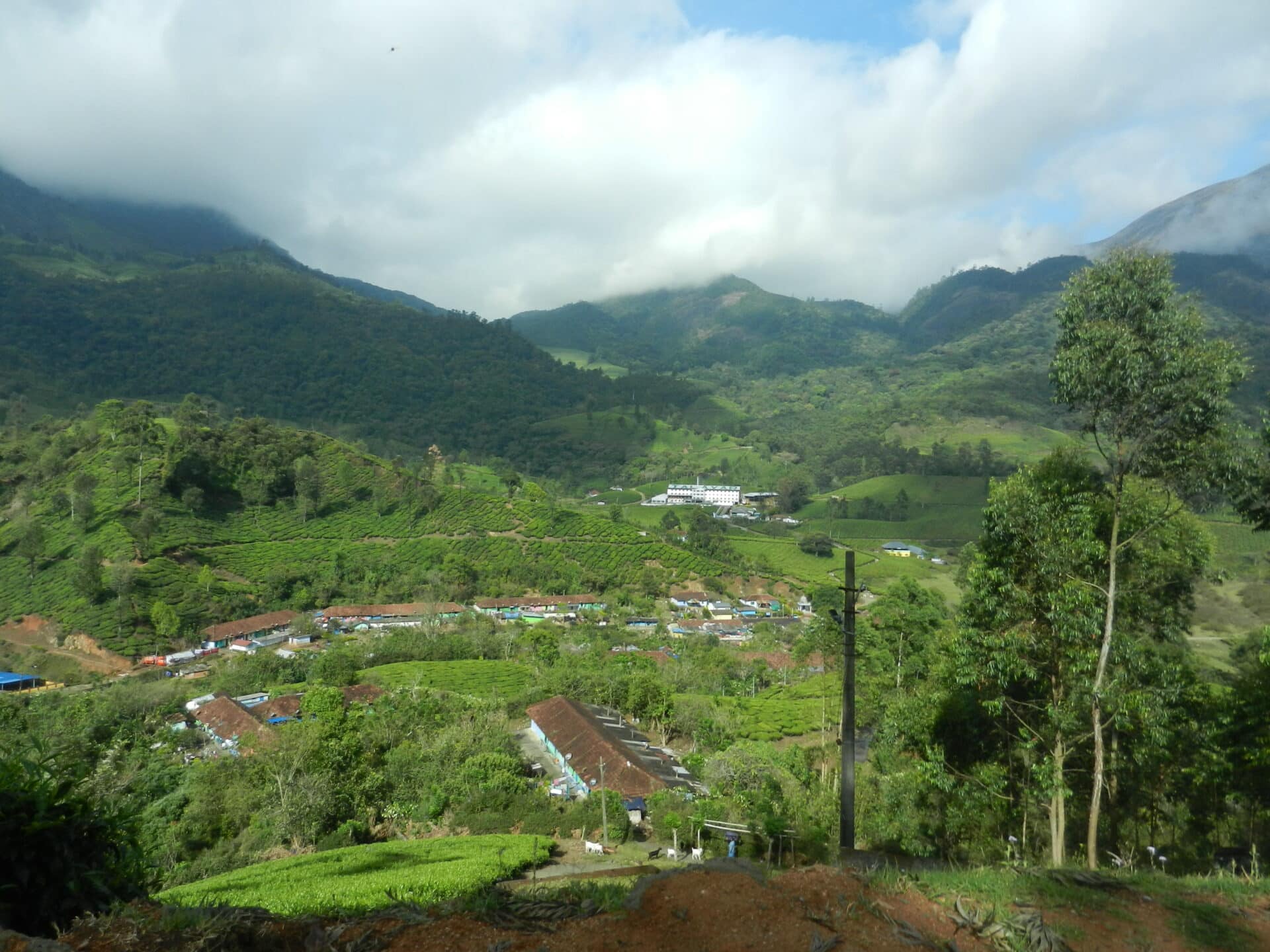
Coordinate with THIRST
By being aware of each other’s plans and activities we can ensure that we reinforce each other’s work rather than duplicate or even potentially undermine it. Let THIRST know your plans for programmes, research, advocacy and campaigns so that we can share them and identify opportunities for collaboration – or just to schedule them so they don’t clash.
Together we are not only stronger, we are more coherent, more effective and likely to have a more lasting and meaningful impact on the lives of tea worker and farmers.
From our Knowledge Hub
-
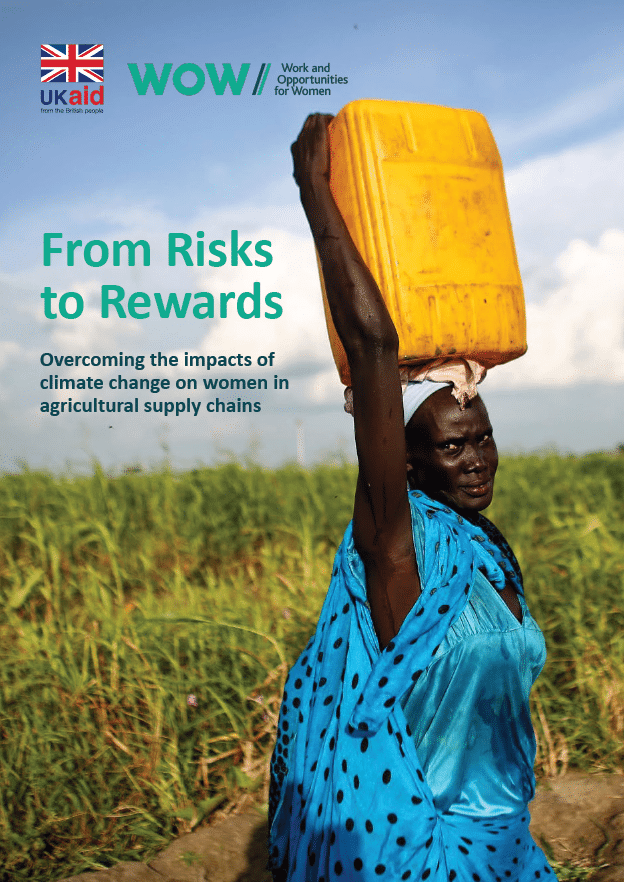
From risks to rewards: overcoming the impacts of climate change on women in agricultural supply chains
View resource : From risks to rewards: overcoming the impacts of climate change on women in agricultural supply chainsThis report provides powerful testimony from women farmers of the daily struggles they face due to climate change, and sets out emerging responses and recommendations for action.
-
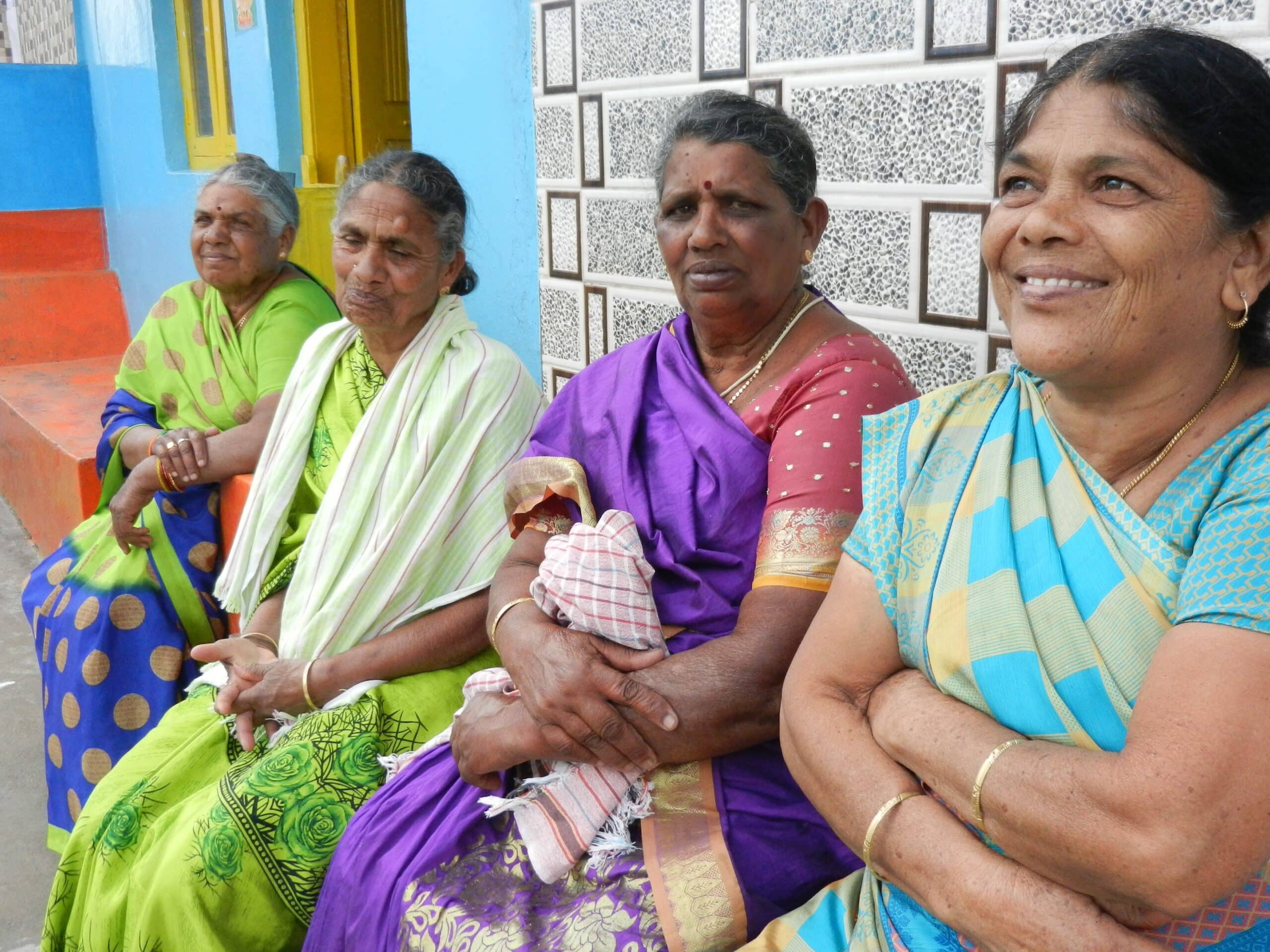
Alternative Approaches: Tackling price volatility through TeaSwaps
View resource : Alternative Approaches: Tackling price volatility through TeaSwapsJames Montlake explores a practical attempt to address price volatility for smallholder tea farmers: small scale swaps markets
-
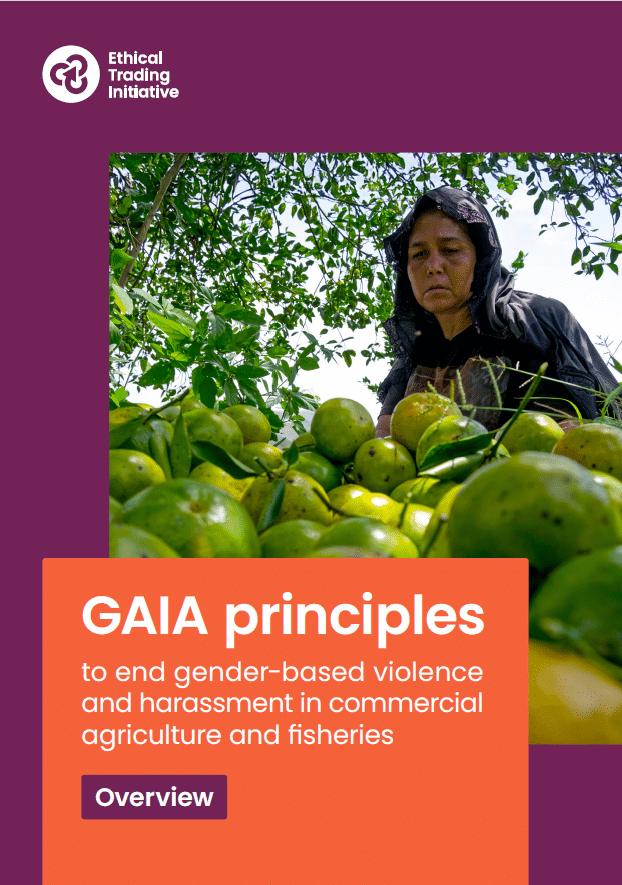
GAIA Principles
View resource : GAIA PrinciplesThe GAIA principles are a framework to align and coordinate action to prevent and respond to GBVH in the workplace. They have been developed with a range of representatives from business and civil society (including trade unions and non-governmental organisations),…
-
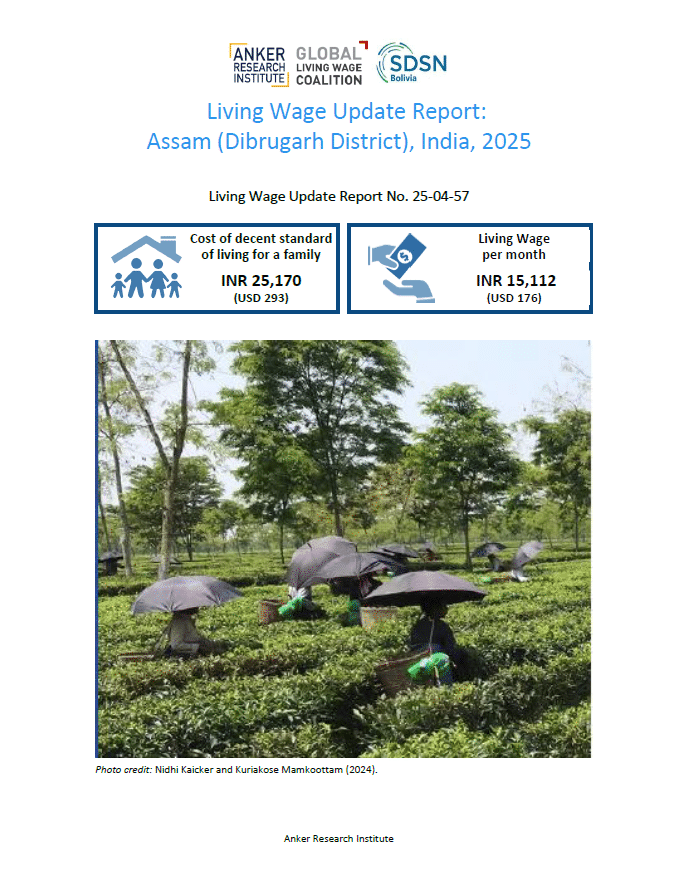
Living wage update – Assam 2025
View resource : Living wage update – Assam 2025This report provides updated estimates of family living expenses and living wage for Assam (Dibrugarh District), India. The update for 2025 takes into account inflation and changes in payroll deductions since the original Anker living wage study carried out in…
